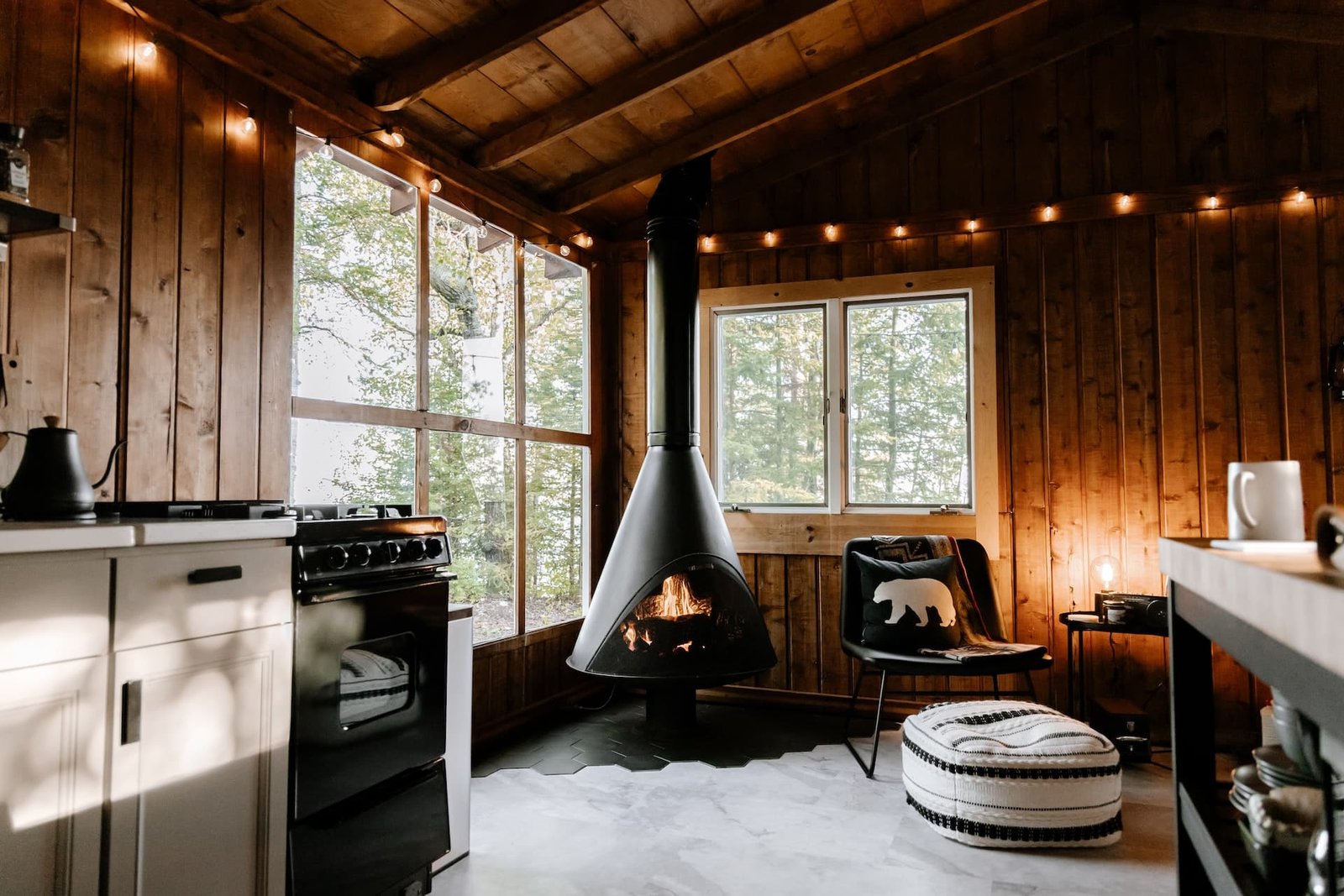Installing a new furnace is an important decision, as it will affect not only your home’s comfort levels and energy efficiency but also its safety. There are a variety of standards that a new furnace must meet to be considered safe and effective. Understanding these standards and what they mean can help you make an informed decision when purchasing a new furnace.
What Are the Regulations?
The Department of Energy regularly checks to ensure the regulations they have set are still relevant. Recently, they have decided that non-condensing technology and venting are features of a furnace and that energy conservation standards should not change them. They also allow the public to comment on these regulations every six years.
The use of condensation technology in furnaces ensures that they are up to a certain standard of quality. Manufacturers must incorporate this technology into their furnaces to meet the minimum requirements. This helps to guarantee that the furnace runs efficiently and effectively, providing a better and safer experience for users.
The government is looking into ways to make furnaces more efficient. They are considering new standards that could lead to furnaces being up to 90 percent more efficient, which would result in higher quality and more energy-efficient models. The details of this change are still being discussed.
How Efficient Is Your Potential New Furnace?
The efficiency of a furnace depends on many factors, including the type of fuel used, the unit’s size, the home’s insulation, and the unit’s age. Generally, newer furnaces with higher-efficiency ratings are more efficient than older models. The most efficient furnaces can reach up to 98 percent efficiency. When considering a new furnace, you should always check the efficiency rating before making a purchase.
How Many Stars?
The efficiency of a furnace is typically rated on a scale of 1 to 5 stars. The higher the star rating, the more efficient the furnace is. A 1-star furnace is considered the least efficient, while a 5-star furnace is the most efficient. When shopping for a new furnace, it is essential to look for models with the highest star rating possible.
The Type of Furnace You Should Buy
The type of furnace you should buy depends on several factors, including the size of your home, your climate, and your budget. A high-efficiency furnace is a must if you live in a cold climate.
A standard furnace may be more appropriate if you live in a warmer climate. The size of your home will also be a factor in your decision. If you have a large home, you’ll need a larger furnace to heat the entire space. A smaller furnace may be more appropriate if you have a smaller home. Finally, your budget will determine which type of furnace you can afford.
The Bottom Line
In conclusion, it is important to consider the many requirements and standards a new furnace needs to meet to be safe and efficient. The size and type of furnace should be chosen to match the size of the space and the local climate, and it should be certified by an accredited agency like UL, Energy Star, or HVAC Excellence.
Additionally, the furnace should include features that help it operate more efficiently and reduce energy costs. Finally, all installed components must be inspected and maintained to ensure they function properly and meet all safety standards. With careful research and attention to detail, you can find a furnace that meets all your needs and provides long-term value.
Find the best furnaces in Ajax with our help here at Climate Experts. We install, service, and maintain all major brands of furnaces and air conditioners. Get in touch with us.




